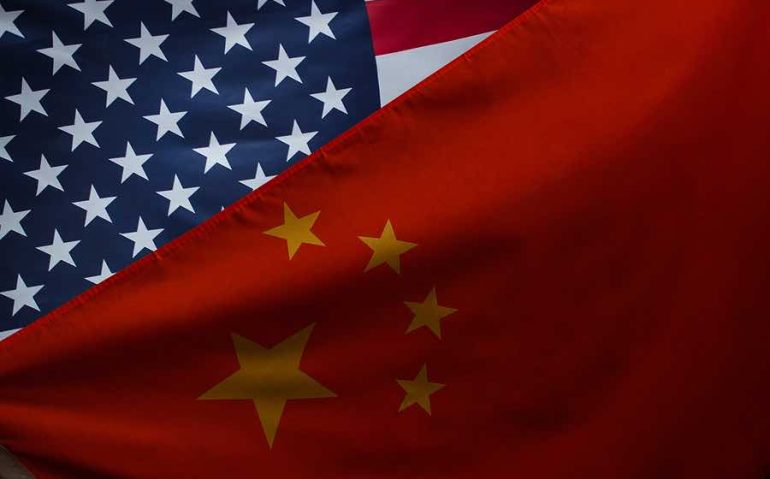June 28, 2023 (Reuters) – In an effort to curb the flow of artificial intelligence (AI) chips to China, U.S. officials are reportedly contemplating tightening an export control rule that would restrict the computing power of these chips. The move aims to slow down China’s semiconductor industry while the United States continues to invest billions of dollars in its own chip sector. Sources familiar with the matter have revealed that an update to these rules may be announced by late July, although delays are not uncommon in U.S.-China relations.
The U.S. Commerce Department declined to comment on the matter, leaving room for speculation and uncertainty among industry players. However, Nvidia’s Chief Financial Officer, Colette Kress, voiced concern about potential restrictions during an investors conference on Wednesday. Kress warned that prohibiting the sale of data center graphics processing units (GPUs) to China would not only result in a permanent loss of opportunities for U.S. industry to compete and lead in one of the world’s largest markets but also impact the company’s future business and financial performance.
The Wall Street Journal previously reported that the Biden administration was considering new restrictions on exporting AI chips to China. These restrictions would build upon the rules issued in October of last year, which limited the sale of chips in China that possess the computing power necessary for developing AI technologies similar to ChatGPT. The initial restrictions immediately affected sales of products from Nvidia Corp and Advanced Micro Devices Inc, and it is expected that future offerings from Intel Corp would also be impacted.
If the export control rule is further tightened, it would primarily affect Nvidia, which currently holds a strong position in the AI chip market and was valued at $1 trillion earlier this year. However, Nvidia’s CFO emphasized that the company does not anticipate an immediate material impact on its financial results if additional restrictions are adopted.
Doubts have emerged regarding the efficacy of the October rule in slowing down the development of AI systems by Chinese companies. Nvidia had designed special chips for the Chinese market that complied with the previous restrictions. However, recent reports revealed that major Chinese companies, such as Tencent Holdings, intend to use Nvidia’s export-compliant chips to significantly reduce the time required for training large-scale AI systems.
The existing AI chip rule encompasses two key restrictions. One pertains to the speed at which chips can communicate with each other, which is crucial for AI systems like ChatGPT that rely on multiple interconnected chips. The other restriction focuses on limiting the computing power of the chips.
For instance, Nvidia’s H800 chip, specifically developed for the Chinese market, offers comparable computing power to the company’s global chip in certain AI applications. However, its chip-to-chip communication speeds are constrained, as revealed by a specification sheet obtained by Reuters.
When approached for comments, Intel chose not to respond, while Advanced Micro Devices declined to comment. AMD had previously stated that the rules would not have an impact on its financial performance.
As the Biden administration considers further measures to restrict the export of AI chips to China, the outcome of these deliberations could have far-reaching implications for the competitive landscape of the industry and the future of U.S.-China technology relations.







